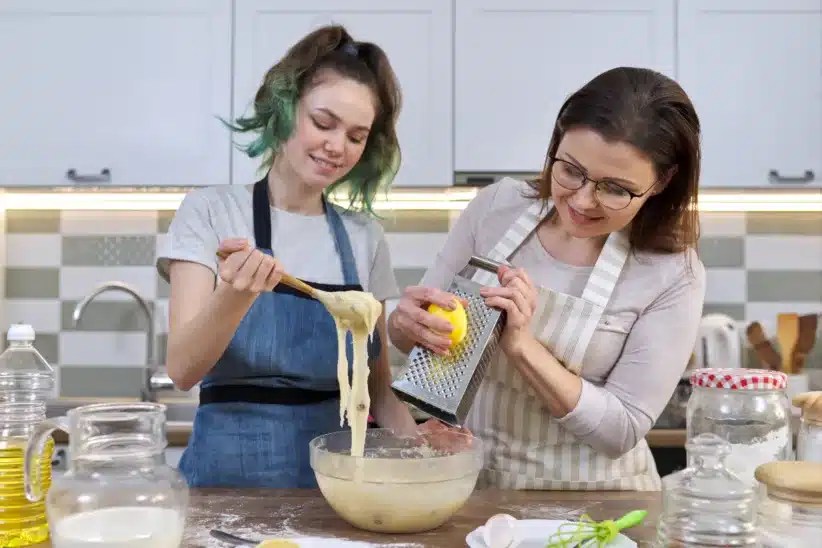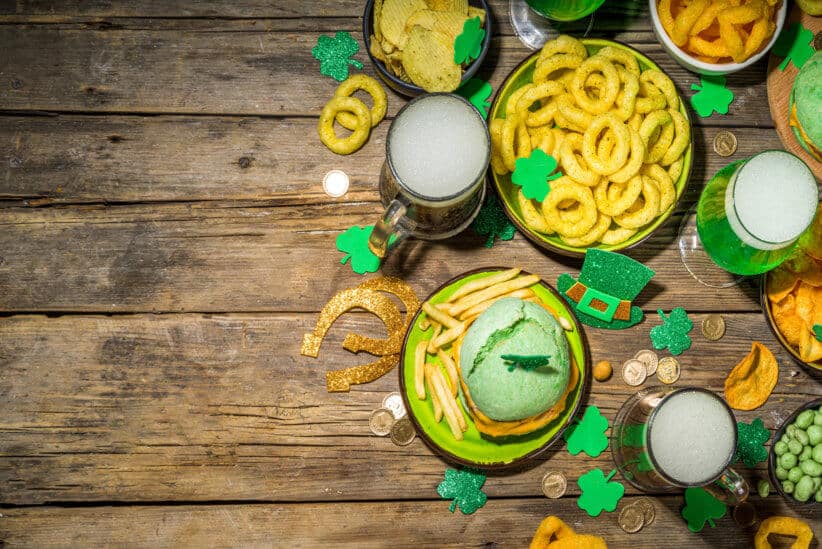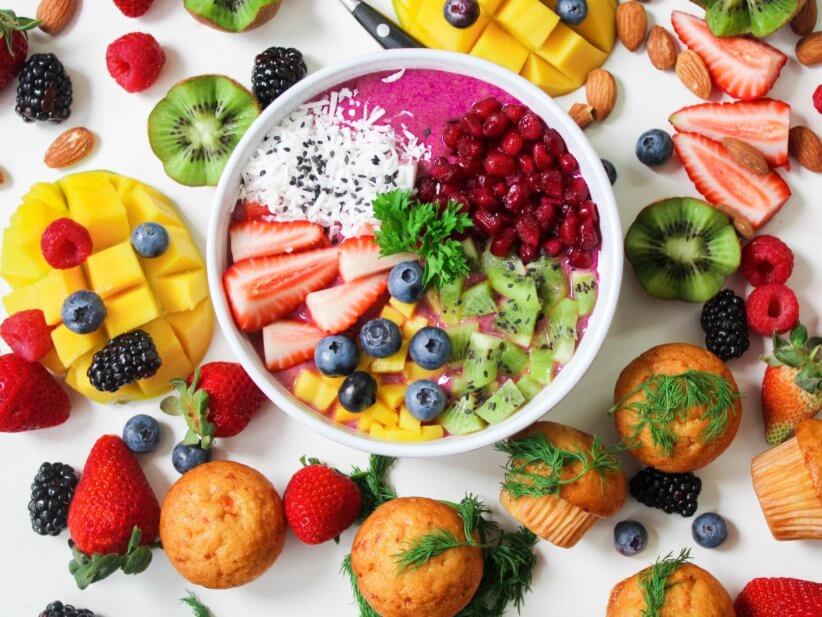Once a staple on family breakfast tables, fruit juice seems to have lost its mojo. Derided as being “full of sugar” and vilified by pediatricians and family medicine doctors, parents are serving less fruit juice.
But is that a mistake?
Take orange juice, for example. According to Food and Drug Administration definitions, it’s an excellent source of vitamin C, and a good source of potassium, folate, and thiamin. A little-known nutrient—unique to oranges and their juice—is a flavonoid called hesperidin, which provides anti-inflammatory activity and affects gene regulation.
Calories? Only 110 in an eight-oz. glass.
Other fruit juices are no slouch in the nutrient department. Grape, grapefruit, mango, pineapple, pomegranate, prune, and tangerine juice all provide significant amounts of vitamins, minerals, and phytonutrients.
“Too often, 100-percent juice is lumped in with other sweet beverages, particularly soft drinks and fruit punch,“ says Dr. Robert Murray, professor of Pediatrics, Gastroenterology and Nutrition at Ohio State University. “They are not the same. Fruit juice contains natural sugars, not added sugars, and preserves the nutrients and bioactive components of whole fruit with the exception of fiber.”
Interestingly, kids who drink fruit juice eat more fruit, according to Dr. Murray.
“Currently in the U.S. among toddlers and young children, juice comprises 50 percent of daily fruit servings. Among older children, teens, and adults, it’s 33 percent. Efforts to increase whole fruit consumption have not been very successful, even as consumption trends of 100-percent juice have fallen over the past 20 years. This suggests that 100-percent juice does not displace whole fruit, but augments it. For that reason reducing or eliminating 100-percent fruit juice from a diet usually is not compensated with whole fruit, cutting total fruit intake per day and lowering the individual’s diet quality.”
How much, how often?
The Dietary Guidelines for Americans state that people should choose 100-percent fruit (or vegetable) juice without added sugars. Eight ounces of 100-percent juice provides at least one serving of fruits or vegetables and can help meet the recommended amount of four-and-a-half total cups of fruits and veggies each day. The Guidelines also recommend a daily limit of one cup.
The report states that juice drinkers eat more whole fruit and have higher quality diets (with more fiber) compared with non-juice drinkers.
In moderation, juice can even play a role in weight management.
“Substantial excess consumption of juice can add calories, which can lead to weight gain. But consumed at recommended levels of one serving per day of fruit, there does not appear to be a higher risk of obesity,” Dr. Murray says.
The research backs this up. A comprehensive review performed by the Academy of Nutrition and Dietetics for its Evidence Analysis Library examined the association between 100-percent fruit juice and weight in children ages 2-18. It concluded the evidence does not support an association between 100-percent fruit juice consumption and weight status in children.
One-hundred percent of what?
When selecting a juice, look for 100-percent juice on the label. One misleading practice by some companies is to add 100-percent vitamin C to a fruit punch or beverage. So be careful when you see the term “100 percent;” make sure it refers to the percent of juice, not simply added vitamin C.
As a registered dietitian nutritionist, I believe there is a place for both whole fruit and fruit juice in the diet. With many people not consuming enough fruit, a combination of whole fruit and fruit juice is a highly effective way to meet the fruit shortfall.
Christine Palumbo is a registered dietitian nutritionist and
Fellow of the American Academy of Nutrition and Dietetics. She is a 2018 recipient of the Medallion Award from the Academy of Nutrition and Dietetics. Follow her on Twitter @PalumboRD, Facebook at Christine Palumbo Nutrition, or Chris





















